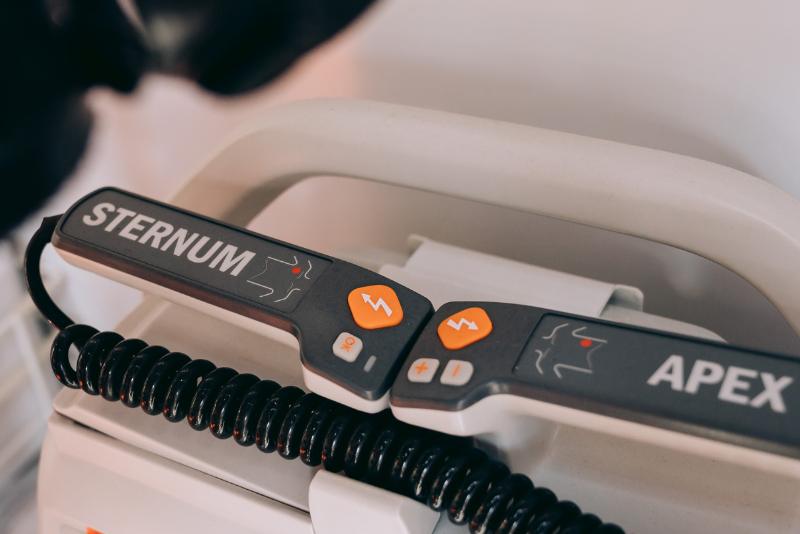Daily life can be stressful. To promote mental health, we’ve put together some simple stress management techniques that can be done anywhere at any time.
Relaxation is a great way to cope with everyday stress and to ease your mind. It is a way to refocus your attention and increase awareness in your mind and body. There are numerous types of relaxation techniques, so take some time to explore different methods to find what works best for you. By frequently practicing your relaxation methods of choice, you can improve your mental, emotional, and physical health.
Here are some stress management techniques we compiled for our PSA employees. Try them out!
Deep Breathing
Deep breathing is one of the most effective ways to diminish stress. Taking a deep breath sends a message to your mind and body to unwind and calm down. Anxiety and stress related symptoms, such as increased heart rate, high blood pressure, and fast breathing, decrease as you perform deep breathing techniques.
Meditation
Meditation is one of the most common and popular ways to relieve stress for people of all ages. The main goal of meditation is to focus your attention and thoughts on your current state of mind and become present in what is happening around you. This sends you into a calm state, helps your body repair itself, and allows you to refocus your thoughts to increase a positive mood.
Guided Imagery
Guided imagery is a relaxation technique in which you use your imagination to form peaceful and calming mental images. With this technique, it is important to incorporate each of the five senses to create images in your mind that your body can feel and visualize. For example, imagine that you are at the beach. In addition to seeing the landscape, try to feel the sand on your feet, hear the waves crashing in the distance, and smell the salt water in the air. This stress management strategy allows you to relieve physical tension and psychological stress while stimulating a more positive frame of mind.
Get Moving
Any type of physical activity can act as a stress reliever. From yoga to running, being active can go a long way towards accomplishing stress management. Exercise increases the production of endorphins in your brain that stimulate positive feelings throughout your body. Participating in regular physical activity can reduce symptoms related to anxiety and depression.
Listen to Music
Research has shown that music has a unique link to our emotions. Listening to music can have a positive effect on our mental and physical health by slowing down your heart rate, decreasing levels of stress hormones, and lowering your blood pressure. Music can also release tension throughout the body and boost a positive mind set for people of all ages.
Journaling
Journaling allows you to express your thoughts and feelings. It is a way to gain self-knowledge and solve problems. When writing to clear your mind, it is important to incorporate your feelings of gratitude toward the people, things, and events that mean the most to you. This is a successful way to reduce stress, strengthen your emotional resilience, and focus on the positives in your life.
Creating Healthy Work-Life Boundaries
Delineate clear boundaries between your work and personal life. Unplug after work hours to recharge and use that time to connect with your friends and family.
If you have questions about stress management or think you may need to be connected with a professional for help, feel free to contact me at dherndon@psafinancial.com.




